Everything You Need To Know About Shea Butter
What is Shea butter? Is it edible? What are its benefits? These are the questions which pop up in your mind, when you first hear about it.
Well! This blog presents all possible content which is essentially important for you to know.
It is oil extracted from the oil of nuts which are derived from the Shea tree; it is ivory to off white in color. The shea tree is a native of Africa and due to this most of the world’s shea butter comes from that region.
Its extract is a complex fat and contains various fatty acids like Stearic acid, Linoleic acid, Palmitic acid, Arachidic acid and Oleic acid.
· Types of Shea butter
It Is Broadly Categorized In 5 Categories:
1 Refined shea butter
2 Highly refined shea butter
3 Unrefinedshea butter
4 Lowest contaminated grade shea butter
5 With contaminants shea butter
· How is it Made?
Shear tree starts producing its first fruit when it attains age of 20 years and so, and reaches its full production at around 45 years old.
- The first step is to remove the shea nut from the shell.
- Second step is to wash them and dry in order to remove moisture from them.
- Third step is to crash them into small pieces.
- Fourth step is to roast them and transform them into a paste.
- Fifth step is to whip it continuously so that it mixes well.
- Sixth step is to purify the paste and then put it on fire so that fat rises to the top and oil accumulates at the bottom.
The final step is to skim of the fat and let oil settle in the bottom. Oil then gets hard which is used as shea butter.
· Can It Be Eaten?
Organic shea butter is technically edible and has smoky nutty smell. It can be taken as a substitute of oil.
It can be used to pour over pasta, vegetable, meat or rice.
In Africa, it is consumed during illness, like cough and you can consider it to be a good treatment. People also drink tea with it to boost their immunity.
· Its Uses
It is used in cosmetic industries to make moisturizers, hair conditioners, and soaps because of their benefits as listed below.
- Good Source of Moisturizer: It can be applied directly to your skin. It is used for moisturizing the skin, as when it is applied on the skin, it softens or smoothes dry skin by restoring lipids.
Be mindful in buying raw/ unrefined Shea butter.
- Anti-inflammatory: when applied it slows the production of cytokines and other inflammatory cells and Provide respite to the skin and scalp and prevents skin redness.
It is also used in reducing joint pains and muscle soreness.
- Antioxidant: Shea butter has Vitamins A and E, which has antioxidant properties and is helpful in antiaging and prevent skin from looking dull and premature aging.
- Anti-bacterial Property: It has fatty acids which have anti-bacterial property and prevents skin from producing excess oil from the skin particularly called as sebum.
Thus, it restores pH balance and results in preventing acne or pimples.
- Reduces Stretch Marks and Scarring: Due to its hydrating qualities, it can be used to reduce scars and stretch marks of the skins because of its collagen producing abilities that help in the formation of new skin.
- Prevent Hair Breakage: It has been suggested that raw shea butter is good for health because it has high fatty acid which penetrates well in the skin in oil form and may prevent hair breakage. It also provides moisture to the hair and prevents split ends, dandruff and dryness.
Now that you know all about the benefits of Shea Butter , introduce it to your life and see the difference!
, introduce it to your life and see the difference!
updates?

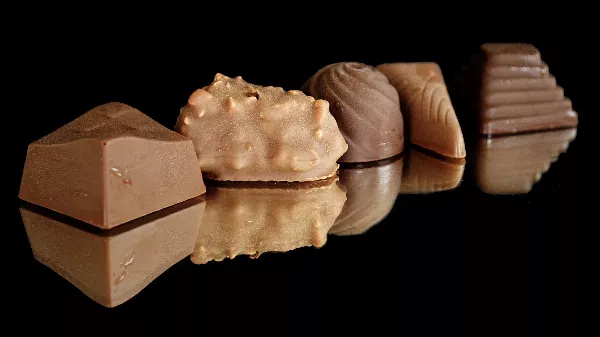

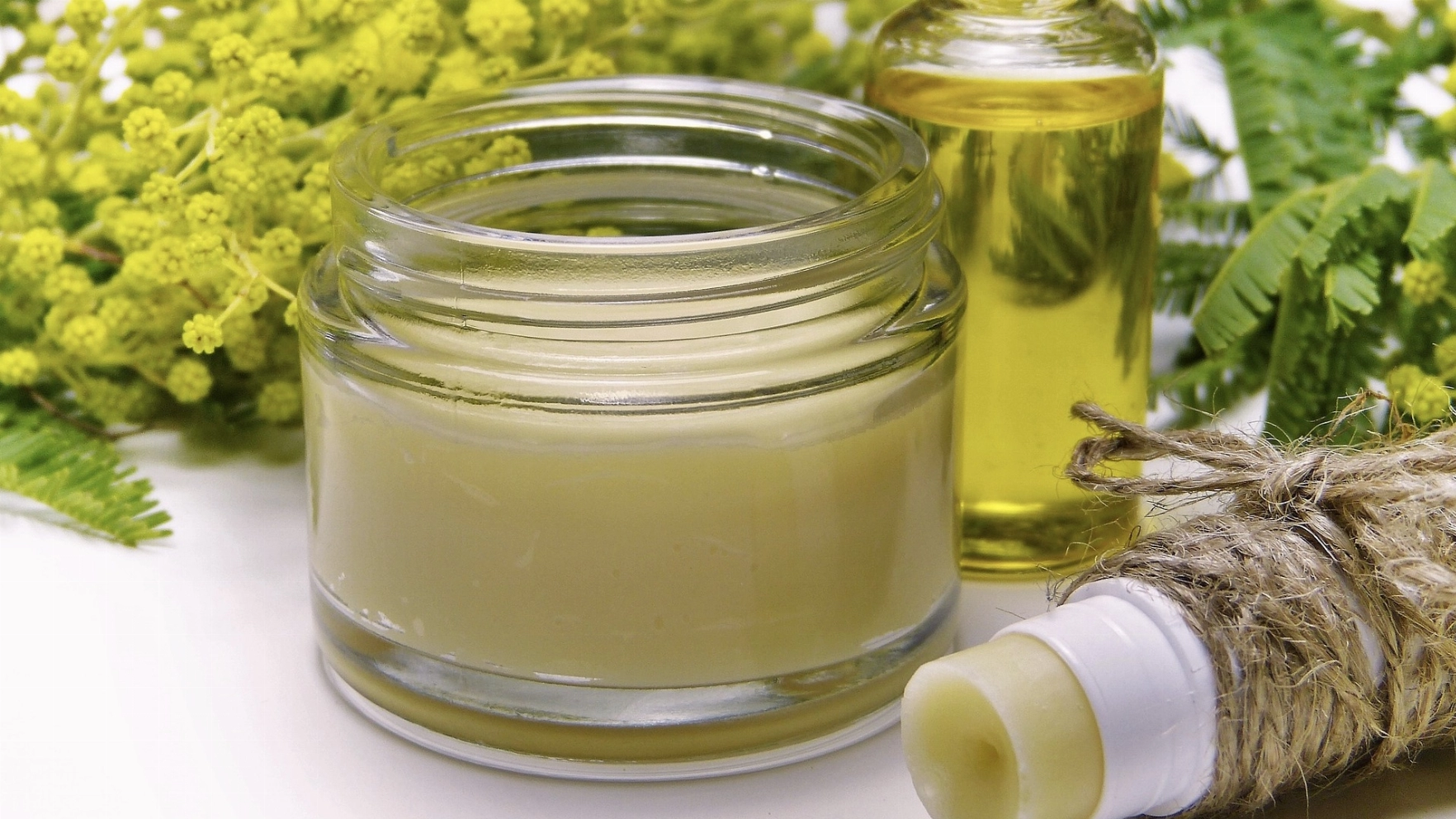
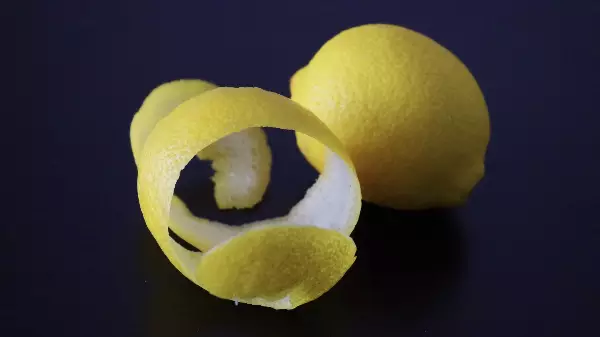
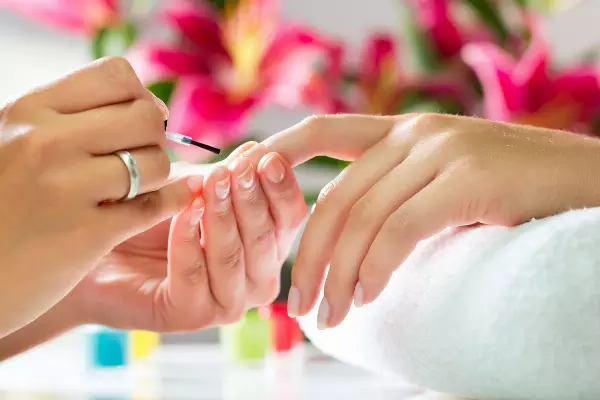

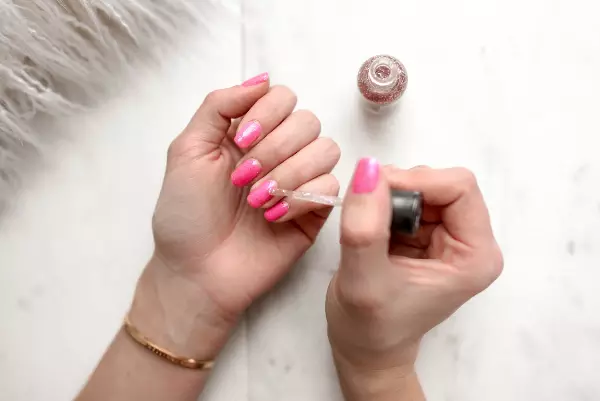

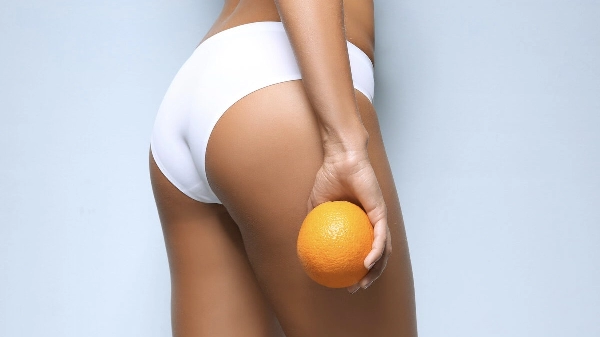
0